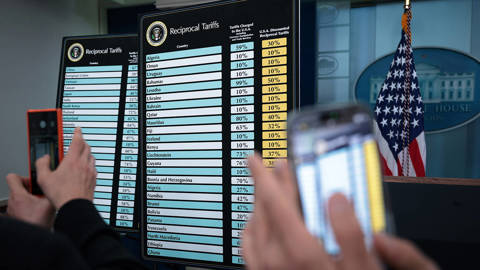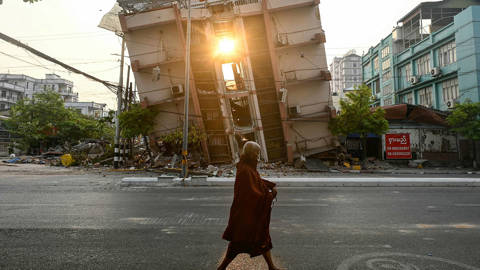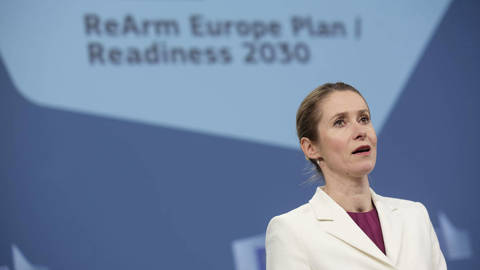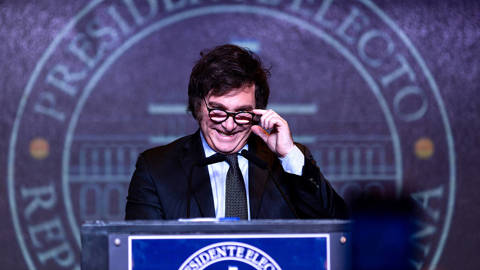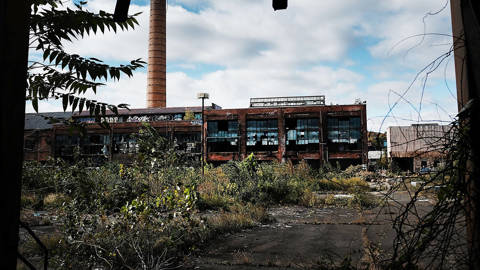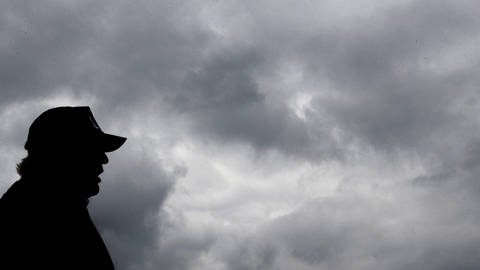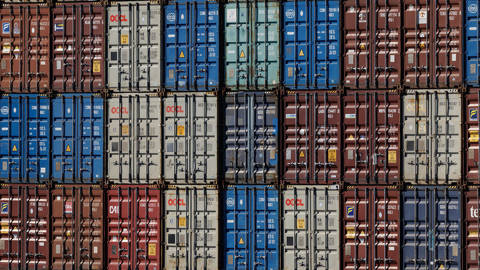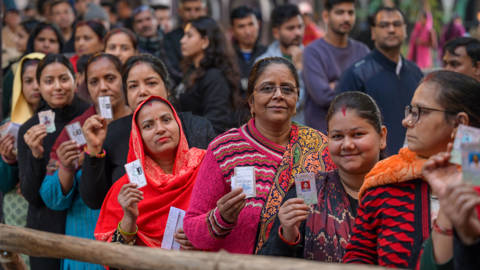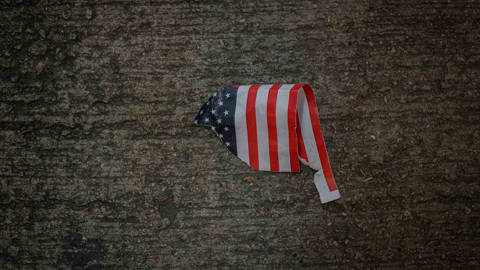Justin Yifu Lin
Justin Yifu Lin, a former World Bank chief economist, is Dean of the Institute of New Structural Economics and Dean of the Institute of South-South Cooperation and Development at Peking University.
-
The Uphill Battle Against Poverty
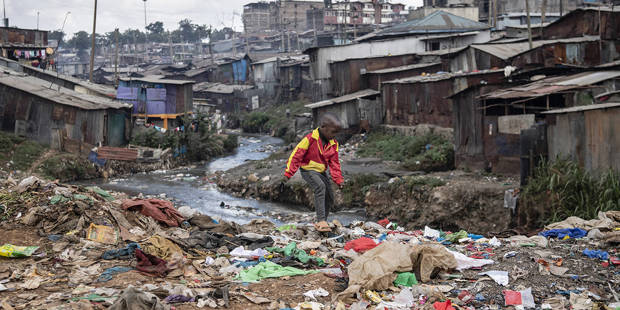
The Uphill Battle Against Poverty
Dec 16, 2024 Hippolyte Fofack, et al. consider whether progress against humanity's age-old problem will continue to disappoint.
-
What the Paris Development Finance Summit Missed
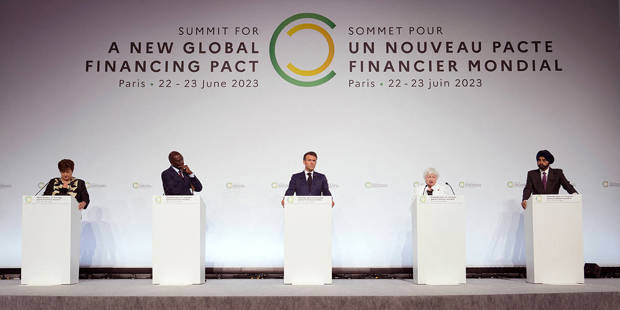
What the Paris Development Finance Summit Missed
Jul 10, 2023 Håvard Halland, et al. warn that the current reform agenda will not mobilize sufficient private capital for green investments.
-
Geopoliticized Industrial Policy Won't Work
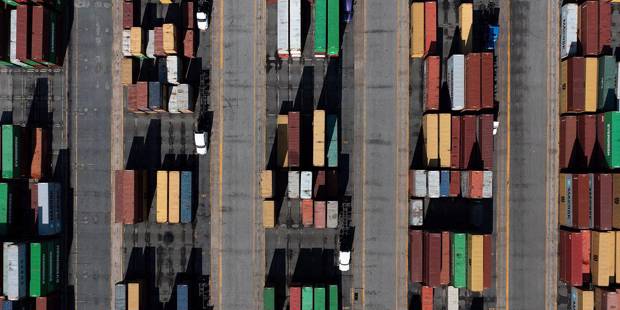
Geopoliticized Industrial Policy Won't Work
Feb 24, 2022 Otaviano Canuto, et al. show why attending to economic fundamentals should take precedence when it comes to reshoring or nearshoring.
-
Development Begins at Home
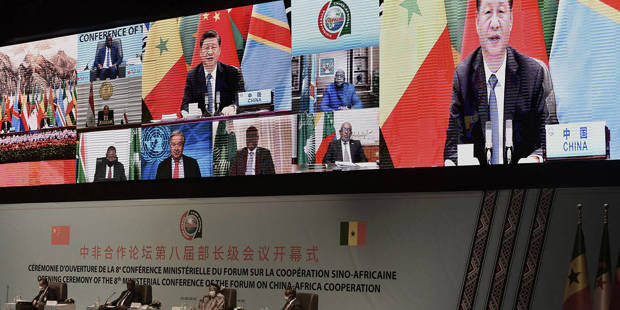
Development Begins at Home
Dec 6, 2021 Justin Yifu Lin & Yan Wang consider the pandemic's lessons for sustainable growth, including the role Chinese investment can play.
-
A Turning Point for Development Aid
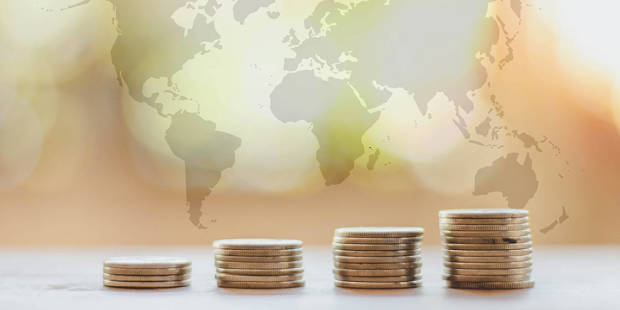
A Turning Point for Development Aid
Dec 30, 2019 Justin Yifu Lin & Yan Wang show why accusations that China is engaging in “debt-trap diplomacy” are fundamentally flawed.
